Just a quick questions to all you WordPress wizards out there regarding WordPress theme architecture: what’s better in terms of performance, syntax, maintenance, etc.?
Version A:
One index.php that includes external parts (different loops and other structural) elements depending on if is_page, is_archive, is_single, is_tax, etc.
or
Version B:
Separate files for index.php, pages.php, single.php, archive.php, etc.
